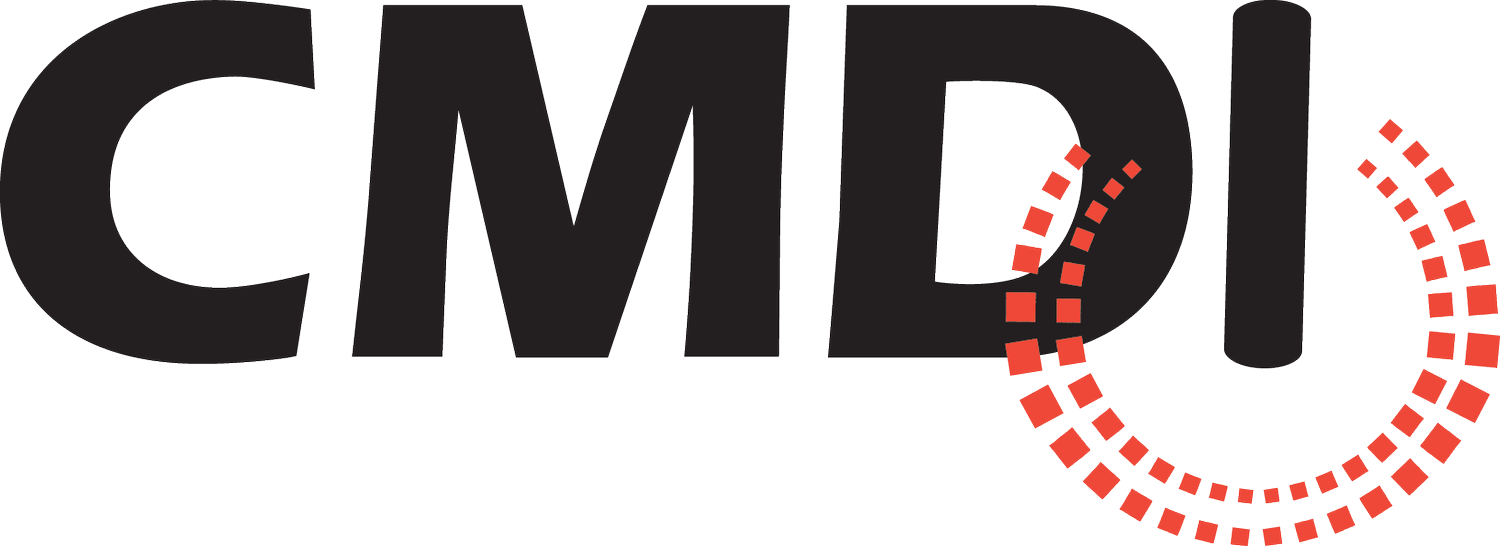G: CMDI Political Glossary
-G-
Gaffe
An unintentional comment that causes a politician embarrassment. The term often refers to a politician inadvertently saying something publicly that they privately believe is true, but would ordinarily not say because it is politically damaging.
General Election
An election in which a candidate is elected to public office. After being selected by their political party through a primary election, convention or caucus, the winner proceeds to run against a candidate in the opposing parties.
General Election Public Funding
Public financing that is available to presidential candidates running in a general election. If a presidential candidate accepts general election public funds, then he or she must agree to spending limits, which are set by law and adjusted for inflation. Candidates who accept public financing are not allowed to raise private funds for the general election with the exception to raise compliance funds to pay for campaign lawyers and accountants.
Generic Campaign Activity
A type of Federal Election Activity, as distinguished from voter drive activity. Generic campaign activity is a public communication that promotes or opposes a political party and does not promote or oppose a clearly identified federal candidate or a nonfederal candidate.
Gerrymandering
The practice of drawing political constituency maps to increase a specific candidate’s or party’s advantage in a subsequent election. Political district maps are typically redrawn once a decade following the completion of the census by the state legislature. The party in power in a state government uses sophisticated mapping and statistical data to redraw the map to ensure its candidates have the best chance of success, usually by diluting the electoral strength of the opposition party’s supporters. The Library of Congress notes the term originated in 1811, when Massachusetts Gov. Elbridge Gerry signed a bill that created a new district resembling a salamander, provoking the Boston Gazette editor to say, “Salamander? Call it a Gerrymander!”
Get Out the Vote (GOTV)
During Federal Election Activity, GOTV activity encompasses all means of assisting, encouraging or urging potential voters to vote. This activity includes, but is not limited to:
Encouraging or urging potential voters to vote, whether by mail (including direct mail), email, in person, by telephone (including prerecorded telephone calls, phone banks and messaging such as SMS and MMS), or by any other means;
Informing potential voters, whether by mail (including direct mail), email, in person, by telephone (including pre-recorded telephone calls, phone banks and messaging such as SMS and MMS), or by any other means, about the hours or location of polling places, or about early voting or voting by absentee ballot;
Offering or arranging to transport, or actually transporting voters to the polls;
Any other activity that assists potential voters in voting.
Glad-hander
An excessively friendly person, typically a politician, who greets another effusively but insincerely usually in an attempt to gain an advantage.
Goals
The result or achievement reached at the end of a process, for example a revenue goal for a fundraising event.
Gotcha Question
A question posed by a reporter in an effort to trick a politician into looking stupid or saying something damaging.
Grassroots
A group or organization that originates from or maintains close connections with significant numbers of ordinary citizens or citizen leaders. A grassroots campaign, for instance, seeks to mobilize ordinary citizens to take part in an election campaign or a cause involving an important issue.
Grifter
A con artist or someone who swindles people out of money through fraud and deception. In politics, the term has been used to describe those who use the political process to enrich themselves.
